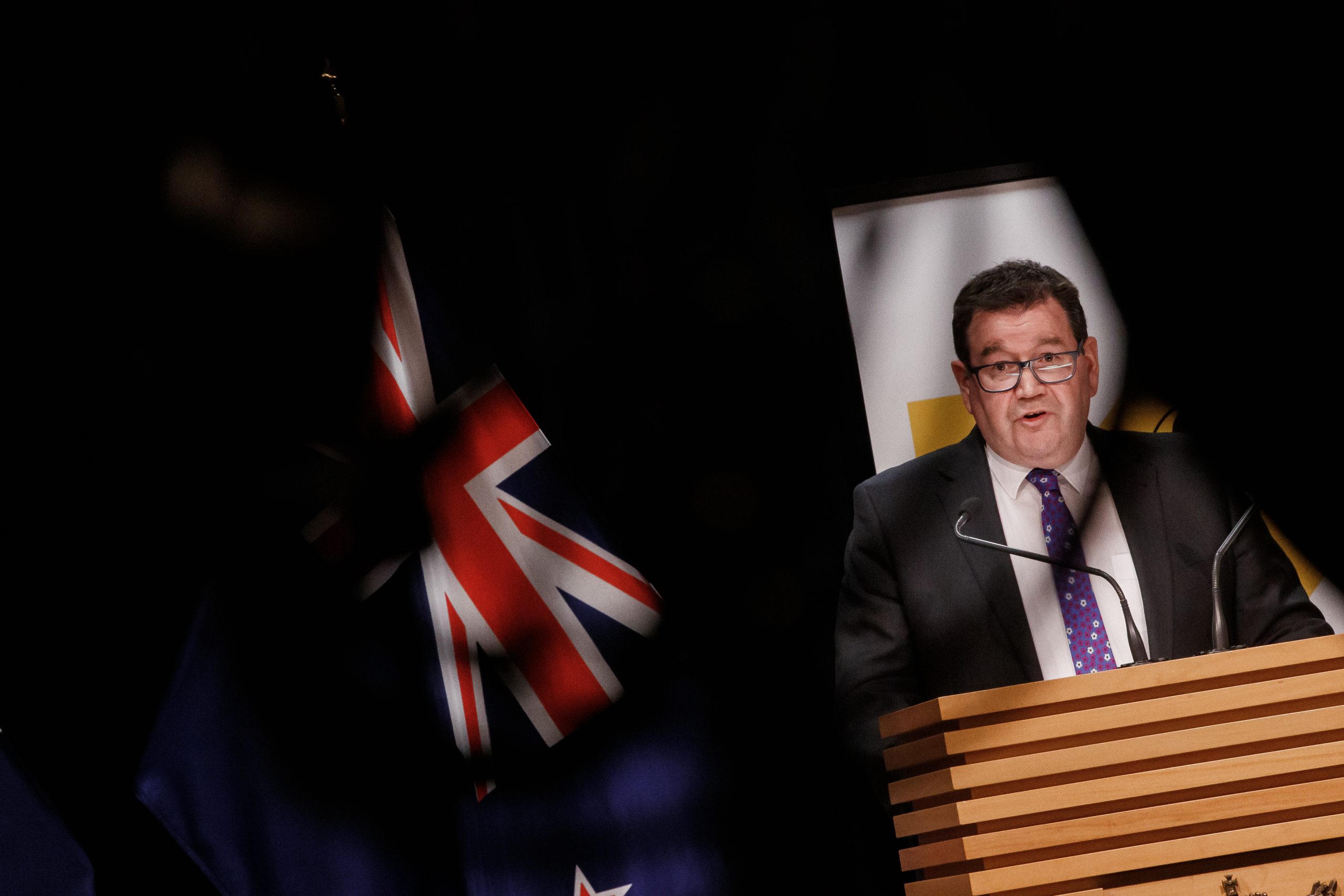New Zealanders confused about why the country’s biggest threat and most-watched man was allowed to freely go about his shopping in a New Lynn supermarket, while nearby shoppers were oblivious of the danger he posed, are right to be miffed.
For many it will be less confusion, more anger -?especially for the victims, their families and those lucky enough to have left the LynnMall Countdown in the minutes before the terrorist arrived.
The picture Prime Minister Jacinda Ardern has painted of the man is nothing short of terrifying.

He was considered such a threat that Ardern was personally aware of him and regularly briefed. Police had pushed the Government to expedite counter terrorism laws to try to help deal with the ongoing threat.
Such a small group of people in New Zealand possessed the tactical skills to safely track and monitor the man that Police Commissioner Andrew Coster was worried they may soon have been compromised after nearly three months of work, causing the operation to fail.
Ardern has been clear the Government worked within the laws as they exist to keep the individual out of the community, and were actively working to deport him, if possible.
In May 2017 the man was stopped at Auckland Airport where it was suspected he was boarding a flight to go and join the Islamic State terrorist group in Syria.
Having first arrived in the country in 2011 on a student visa, by 2017 he was a permanent resident after successfully applying for refugee status.
It later transpired he may have done so fraudulently, and in August 2017 Immigration New Zealand began work to revoke it, but because he was in jail for three of the intervening years his immigration status was put on hold, pending the outcome of charges against him.
On Sunday, Deputy Prime Minister Grant Robertson accepted the amount of time taken to work through the immigration issues was long but said that was ※the nature of these kinds of claims’’.
※It’s a very litigious area and one where the Government needs to move carefully, because the consequences of getting it wrong are extremely high,§ he said, adding: ※The Government is not above the law.§
While true, the Government - particularly one with a single-party majority in Parliament - also has the power to amend, write and fix the laws.
Work is now underway to review all the deportation, immigration, and counter terrorism laws that have had gaps exposed because of this case, along with any other related legislation.
Given the immigration laws weren’t moving at a pace the Prime Minister or her deputy were necessarily happy with, it raises questions about gaps in the police’s ability to restrict the terrorist’s movements.
※Bear in mind they’re decisions for the court. It was a court order that put him back out into the community.§ - Deputy Prime Minister Grant Robertson
On his release in mid-July, the man was subject to a number of supervisions, including making available any electronic devices for checking by a probation officer, when requested.
But on Sunday, Robertson told Newsroom further restrictions on the man were not something the Government had any control over.
※Bear in mind they’re decisions for the court. It was a court order that put him back out into the community,’’ Robertson said.
His comments show the frustration senior Cabinet ministers have in this case with what could actually be done to limit the terrorist’s movements.
A response not dissimilar to &it was the court’s fault - not ours - that he was in the supermarket’ isn’t entirely diplomatic, but is not far from the truth either.
※The questions around surveillance was because that was the police and their powers could do that. But the conditions upon someone being released into the community are put in place by the court - not the Government,’’ Robertson told Newsroom.
There’s also the irony of the international laws applying to the terrorist’s movements.
Obligations imposed by United Nations Security Council resolutions, among other things, meant the man had to be stopped from leaving the country in 2017 but couldn’t be sent packing in 2018, when his behaviour and intentions became an increasing threat.
Robertson told Newsroom many countries were signed up to a ※certain set of sometimes uncomfortable obligations’’.
The terrorist wasn’t the same level of threat in 2017 as he was in the years after that, but if a suspected terrorist with a more serious criminal record was measured against the same laws today, the exact same situation?could?apply.
New Zealand would be required as part of the international community to keep a person on our shores, but would potentially be unable to detain the person and keep them out of the community if their criminal record didn’t meet a high enough threshold.
It’s an uncomfortable position for the Government to be in.?Worse still, it’s an uncomfortable and dangerous position for New Zealanders to be in.
A trip to the supermarket shouldn’t raise these sorts of questions for Kiwis.
The sooner the laws catch up with the very real threats the public is exposed to, the better - both for the public and for the Government tasked with the job of keeping its citizens safe.?


